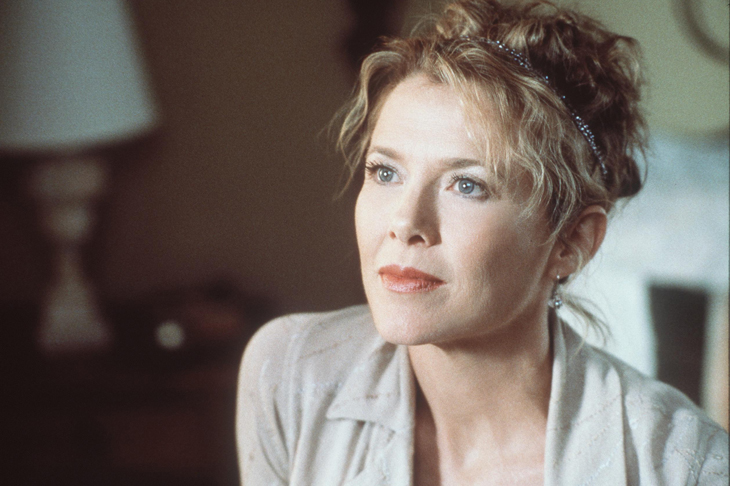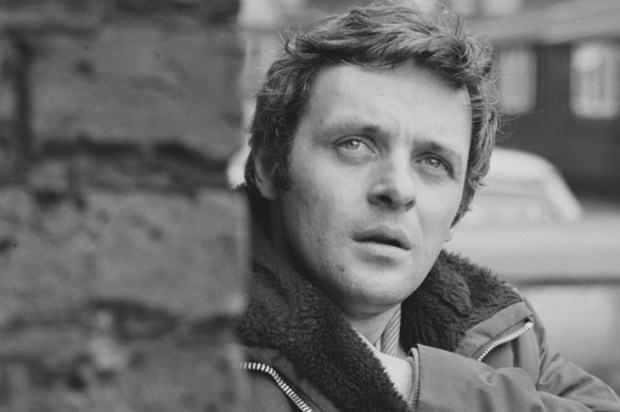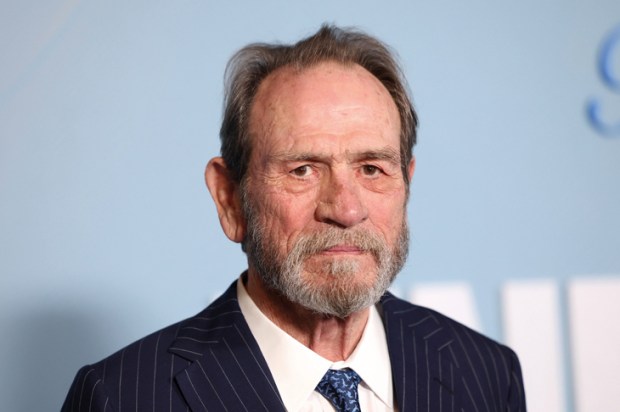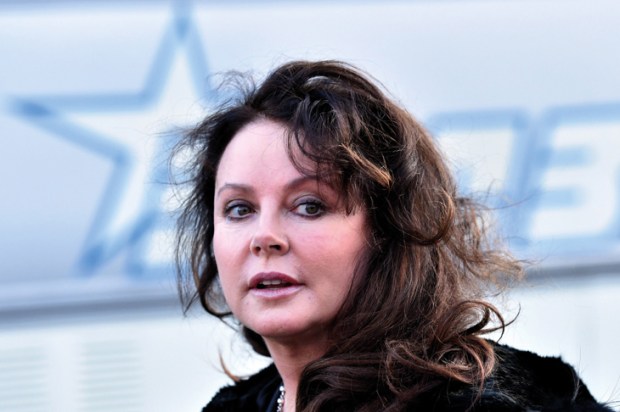Good witches and witches dubbed bad and born green. Wicked is one of those pieces of musical theatre that will dazzle the young with its lustre and grandeur as well as that great song, ‘Defying Gravity’. Sheridan Adams as Elphaba is initially tight and bewildered while Courtney Monsma is all radiant languor as Glinda the witch who’s been encouraged to believe how good she is and her ease shows given her advantages.
Already a subscriber? Log in
Subscribe for just $2 a week
Try a month of The Spectator Australia absolutely free and without commitment. Not only that but – if you choose to continue – you’ll pay just $2 a week for your first year.
- Unlimited access to spectator.com.au and app
- The weekly edition on the Spectator Australia app
- Spectator podcasts and newsletters
- Full access to spectator.co.uk
Or
Unlock this article
You might disagree with half of it, but you’ll enjoy reading all of it. Try your first month for free, then just $2 a week for the remainder of your first year.














Comments
Don't miss out
Join the conversation with other Spectator Australia readers. Subscribe to leave a comment.
SUBSCRIBEAlready a subscriber? Log in